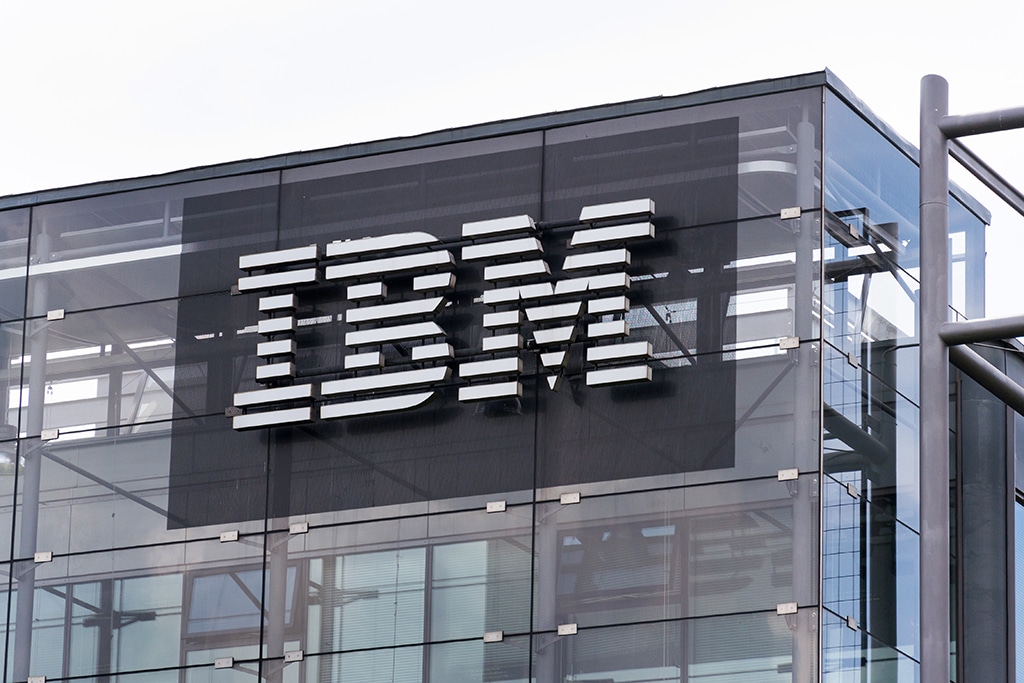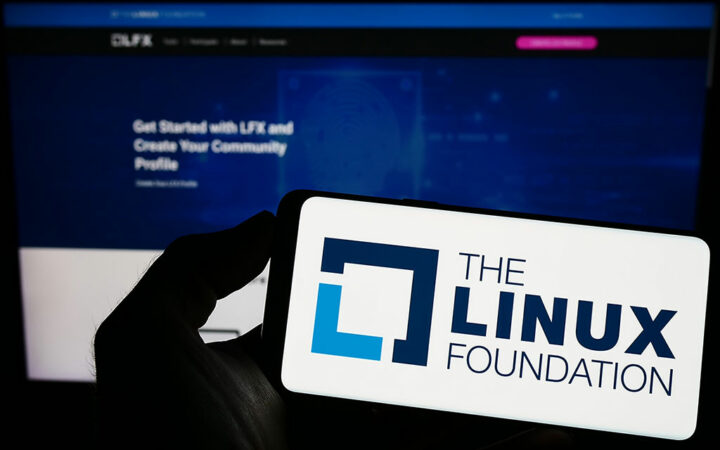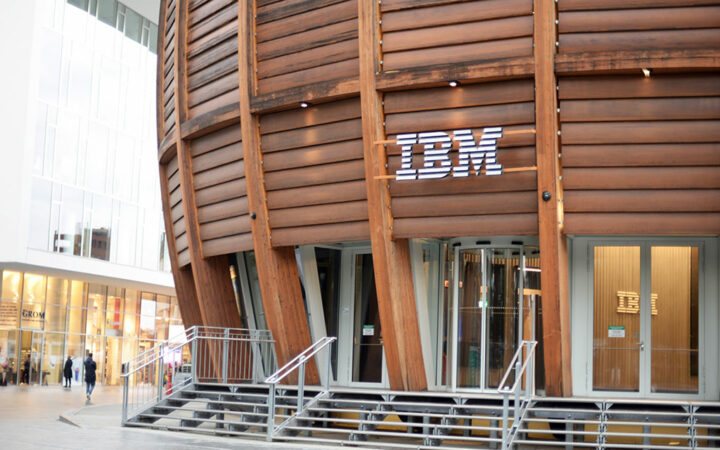
Christopher Haruna Hamman is a Freelance content developer, Crypto-Enthusiast and tech-savvy individual. He is also a Superstar Content Developer, Strategy Demigod, and Standup Guy.
Technology giant IBM introduced new changes to its Hyperledger Fabric. This makes smart contract creation on its blockchain more flexible.

Technology giant IBM is set to upgrade its enterprise blockchain. It intends to allow blockchain users to propose and change smart contracts. Sources say that IBM said that the changes will occur in its Hyperledger 2.0 fabric.
The amendments will allow parties to propose and change smart contracts. The difference between the proposed changes and Hyperledger fabric 1.0 is that smart contracts are centralized. The new proposed changes aim to make smart contract operations to occur on a decentralized basis.
IBM indicated this in a blog post saying:
“IBM Blockchain Platform will support Hyperledger Fabric 2.0 and continue to add additional capabilities around the new decentralized smart contract lifecycle management and other new improvements. In addition, the platform will allow the user to choose which version of Fabric to deploy and to migrate from one version to another.”
Much controversy has trailed the implementation of blockchain technology by large enterprise organizations. The major argument here is that the big tech firms won’t be able to allow blockchains to be fully decentralized. This is due to their legacy status.
Centralized technologies have ruled the technology space for decades. The introduction of decentralized technologies might not work well due to their centralized status. This is the thinking of many within the decentralized space.
Although IBM has indicated its full commitment to the changes, it hasn’t yet set a date for the launch of the new features.
The existing Hyperledger Fabric allows for central control of its smart contracts. Other parties are given a binary option: accept or decline. Upon declining, such parties are removed from the transaction in question.
This provides a fairly straightforward way to solve issues. It also removes the dynamic conditions of the critical element of choice.
Decentralizing the smart contract option will allow the parties involved to choose.
The Linux Foundation in a document has said that the new changes allow the parties to choose the terms of the smart contract before execution.
Decentralization allows for that kind of flexibility. The upgrade also requires that a quorum needs to be formed before the execution of the smart contract.
The exact composition of such a quorum remains unclear. However, most pundits have assumed that it follows the standard legal definition of a quorum.
If that is so, this would mean that smart contract functionality n the Hyperledger fabric has achieved a first for the blockchain space.
IBM’s blockchain was launched in 2017. It has attracted mainly Enterprise users who need certain types of functionality.
Hyperledger allows for users to be able to pick and choose what they want. The addition of a decentralized smart contract solution allows for the clients greater freedom. This, of course, maybe the counter-argument in favor of legacy enterprises.
At the time of filing this report, International Business Machines Corporation (NYSE: IBM) stock was up in the pre-market. Its price was $120.66 (+0.33%).
Disclaimer: Coinspeaker is committed to providing unbiased and transparent reporting. This article aims to deliver accurate and timely information but should not be taken as financial or investment advice. Since market conditions can change rapidly, we encourage you to verify information on your own and consult with a professional before making any decisions based on this content.

Christopher Haruna Hamman is a Freelance content developer, Crypto-Enthusiast and tech-savvy individual. He is also a Superstar Content Developer, Strategy Demigod, and Standup Guy.




